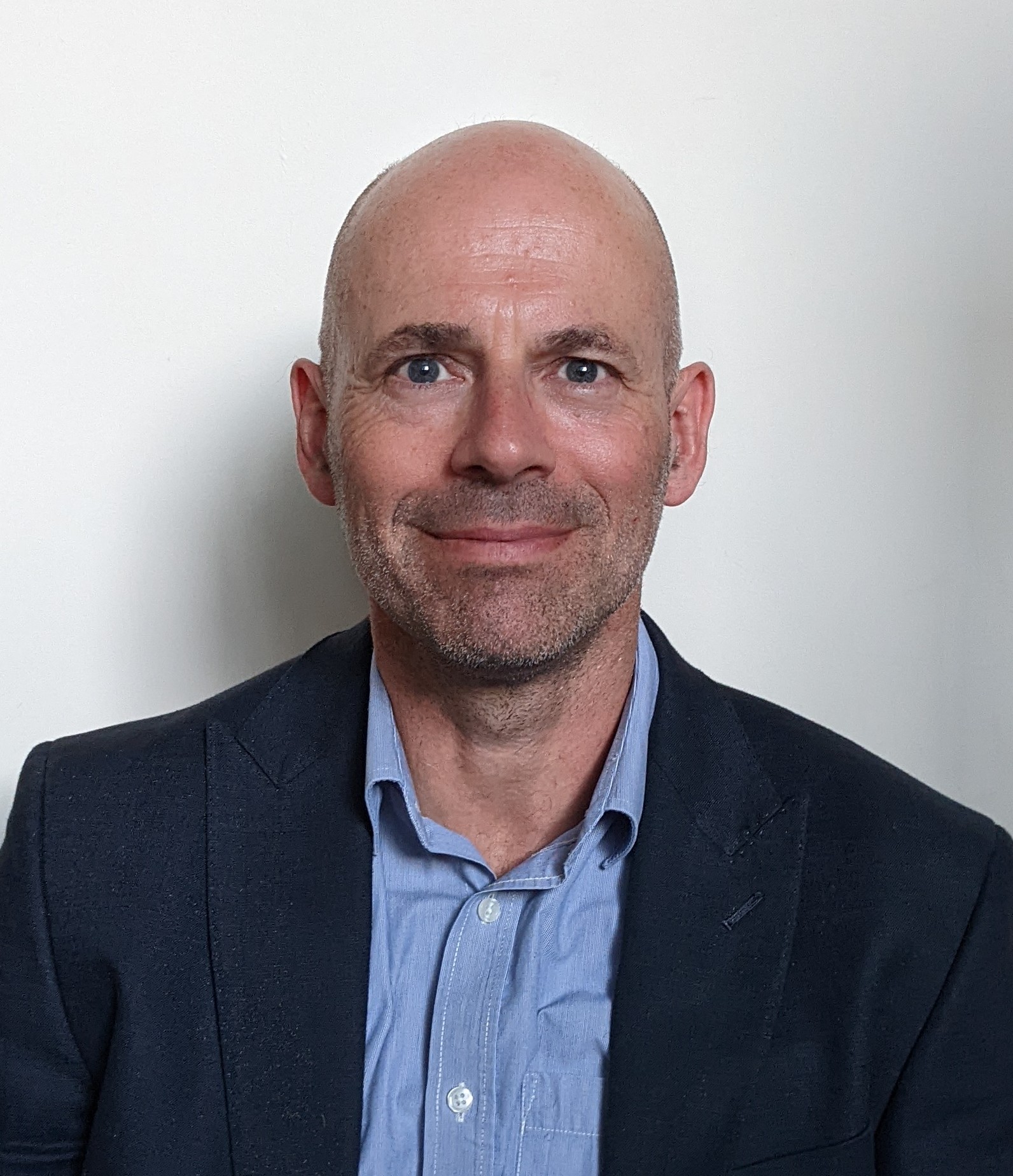Exploring the benefits of automated classification using AI reporting
My Topol fellowship problem / project:
AI has firmly entered the everyday global consciousness, and we all have the conception that it is, and will ever more be in the future, a powerful force in our destiny.
The field is fast-moving with significant advances made annually. This poses a challenge for application in an organisation as large as the NHS whose reaction time historically has been slower than AI technical development timescales. The pandemic has demonstrated the possibility, however, of much more rapid organisational change – still with emphasis on safety – exemplified by the development and delivery of covid vaccines.
Radiology faces enormous capacity challenges due to ever greater demand for imaging and imaging reports. Technical advances in deep learning image interpretation now allow machines to augment human performance for a number of important investigations such as the chest x-ray and CT brain imaging, and to allow algorithms to automatically prioritise the studies that should be seen first by human eyes.
I intend to provide clinical governance to a project with hospital colleagues and with an AI commercial partner to implement chest x-ray and brain imaging algorithms over the next year within our Trust. The intention is improve the pathway for patients with lung cancer and serious acute brain conditions, and the project aims to quantify these benefits.
Along the way, I expect we will learn lessons for best practice, and a key part of the project will be to share our experience through the Topol programme to the wider NHS, as well as benefit reciprocally from other members of this and previous Topol cohorts.
About me
I have been a Consultant Radiologist at the Royal Wolverhampton Hospitals NHS Trust since 2009. Prior to studying medicine I studied Natural Sciences and worked for a couple of years in the IT industry in the early 1990’s
The disruption due to coronavirus provided an opportunity to become acquainted with some of the of open- source software tools now available for data science and machine learning. I was immediately struck by the great advances in accessibility to automation that these provide, compared to my experiences first-time-round. This kick-started my interest in digital transformation in healthcare.
I would now declare myself a firm believer in the power of data science in medicine to make a significant contribution to the capacity problems that assail the NHS, and am committed to using my time as a Topol Fellow and alumnus to explore the field and spread the word to the wider system.

